We are six and a half years away from the biggest change to travel since the invention of the internal combustion engine.
From 2030, diesel cars will not be made. In 2035 petrol cars and hybrids cease production.
One of three things must therefore happen.
1. All fossil fuel cars are replaced by electric cars.
2. Alternatives such as public transport and cycling are greatly increased.
3. We don’t travel.
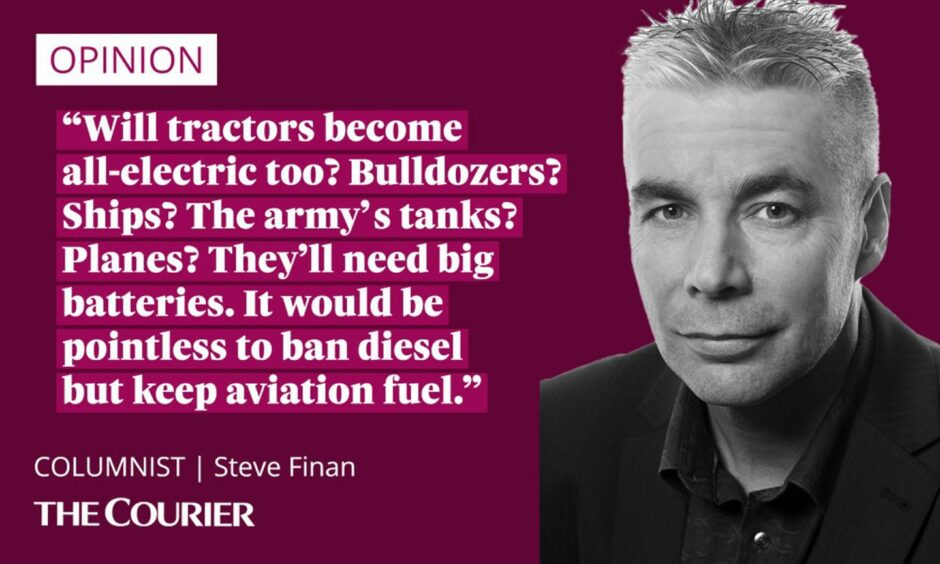
Options one and two require massive infrastructure upgrades.
What will happen in the Dundee area? A reintroduction of trams? Dig a subway system? An extended rail network?
At the very least we’ll require a lot more buses on many more routes at much more frequent intervals.
Electric car alternatives bring their own issues
If trains are the solution, shouldn’t work have started on reconnecting places like Blairgowrie, Brechin, and St Andrews to an all-electric rail network?
The price tag for a rail line to Forfar alone will be in the billions – and work should have started 10 years ago.
How else will goods be carried between towns?
Electric lorries will, I assume, replace diesel ones. But there will have to be a battery technology breakthrough, because batteries powerful enough to propel HGVs will be so big and heavy there will barely be room for any freight.
Less goods capacity, plus short distances between recharges, equals more vehicles.
So the A9, and other trunk routes, will need an extra two or three lanes to cope with the increased traffic.
Electric car charging points come at a cost
If we’re all to have electric cars, shouldn’t we have started installing charging points in every conceivable parking spot?
Private homes will be forced to buy (for at least £1k) their own, I assume. But what about other properties? Who pays?
I’m worried these electric plans cater for big cities, with no thought for anyone else.
In any case, the cost of electric cars will have to plummet while battery production rockets. Is there enough lithium in the world to make all these batteries?
Don’t be complacent and say: “I’ll keep my old motor, thanks.” Wait and see the taxes they hit “dirty” cars with.
All roads lead to disruption on land, sea and air
If we’re all to get biking, roads will have to be widened even more to create lanes for cyclists to overtake one other. Cyclists shouldn’t have to worry about silent electric cars or all the extra buses and lorries at their shoulder.
And roads will have to be smooth. A six-inch pothole is one thing for a car, quite another for a bike.
Most roads in Dundee, all the cobbled ones, will need resurfaced.
Will tractors become all-electric too? Bulldozers? Ships? The army’s tanks? Planes? They’ll need big batteries. It would be pointless to ban diesel but keep aviation fuel.
Will hospitals have gigantic batteries for back-up power instead of dirty-fuel generators? I could go on…
Preparations, as far as I can see, are somewhat behind schedule.
But some government genius has surely worked out how it all fits together. Haven’t they?
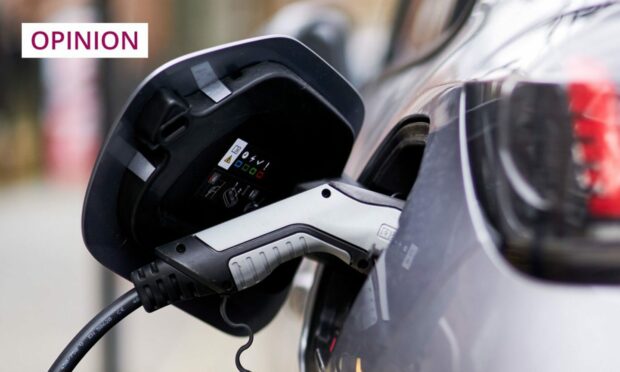
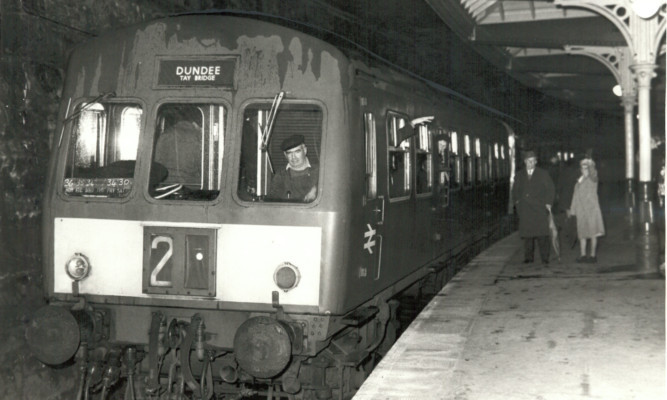
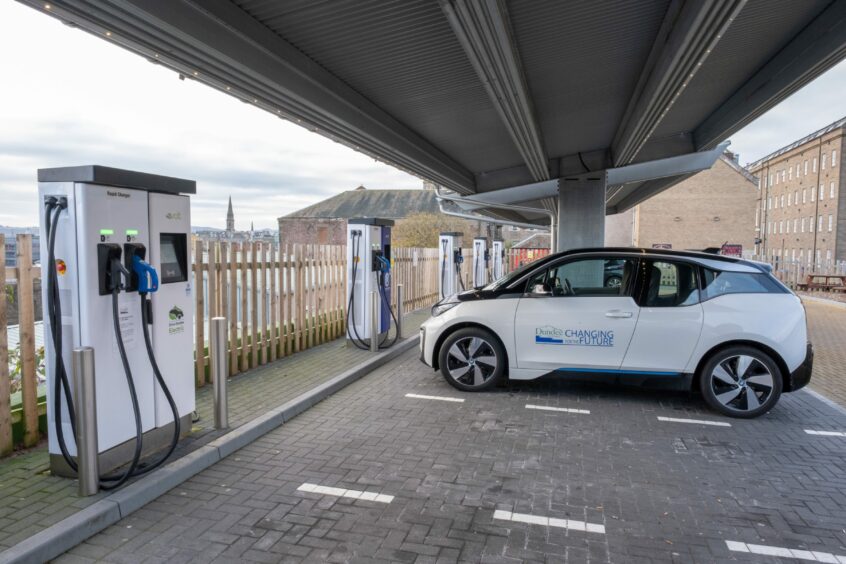
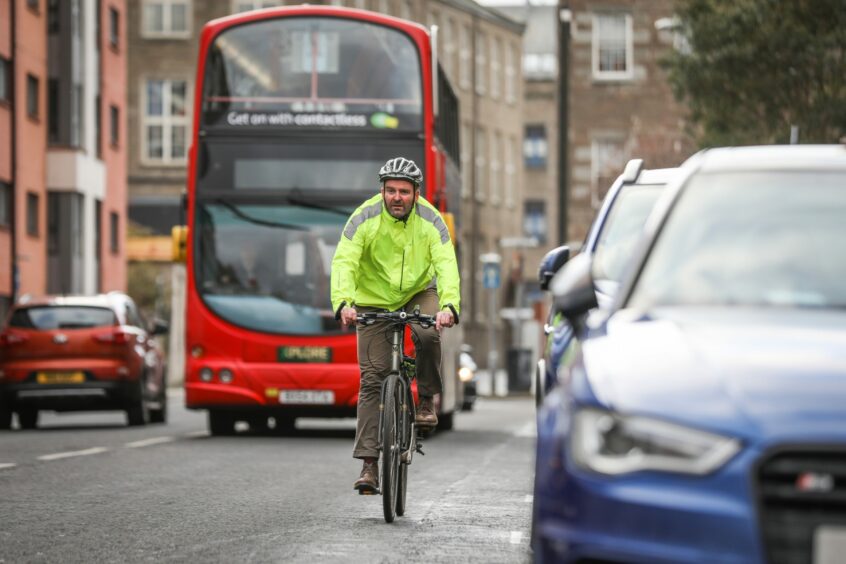

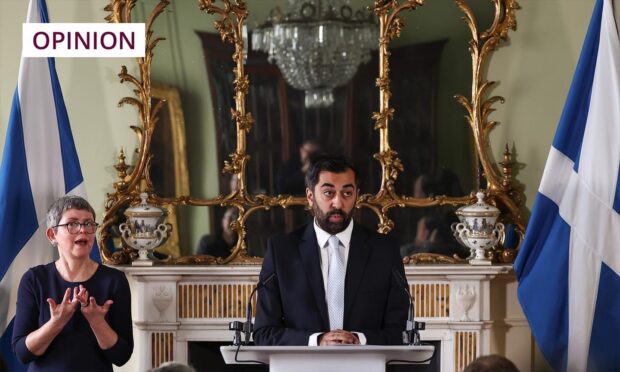
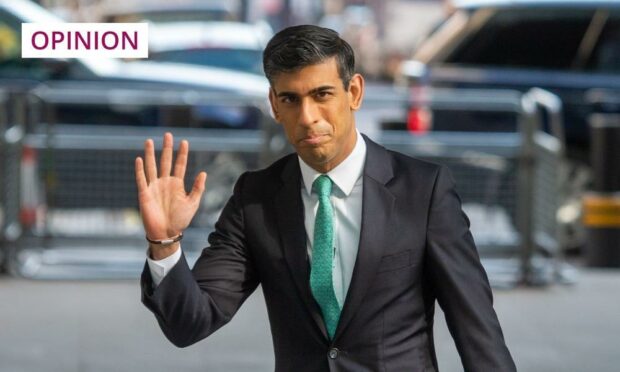
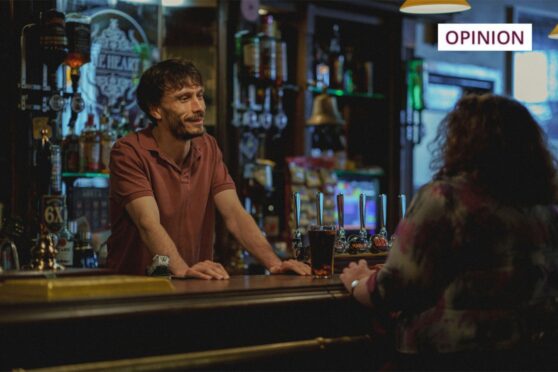
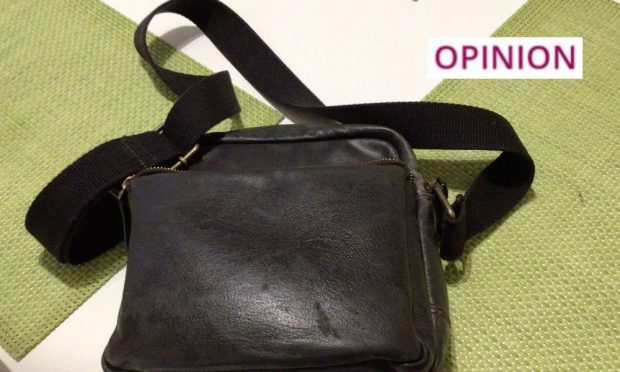
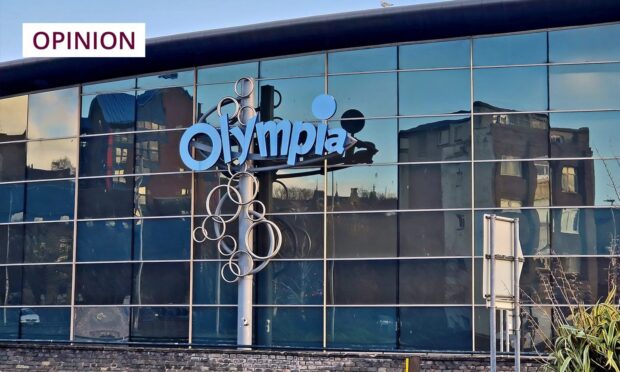

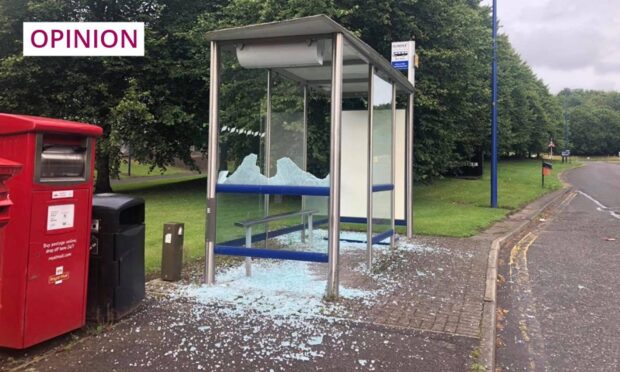

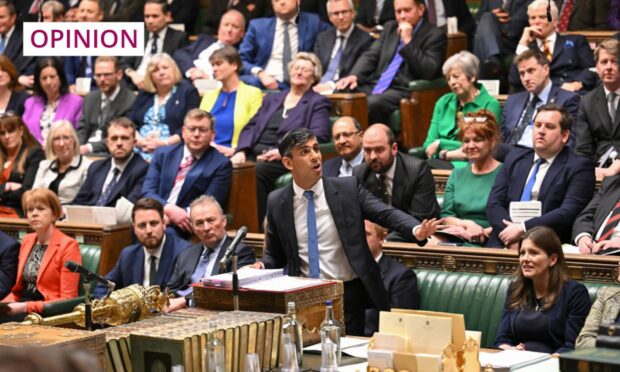
Conversation